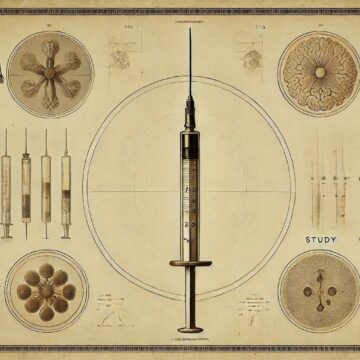The *Tuskegee Syphilis Study* stands as one of the most egregious violations of medical ethics in U.S. history, where 600 African American men in rural Alabama were misled and denied treatment for syphilis over the course of 40 years. Promised free healthcare but instead subjected to deception and exploitation, these men were left untreated even after penicillin became the standard cure. The study’s legacy has left a profound impact on *trust in the medical system*, shaping discussions on *racial injustice*, *bioethics*, and healthcare disparities that continue to resonate today.
